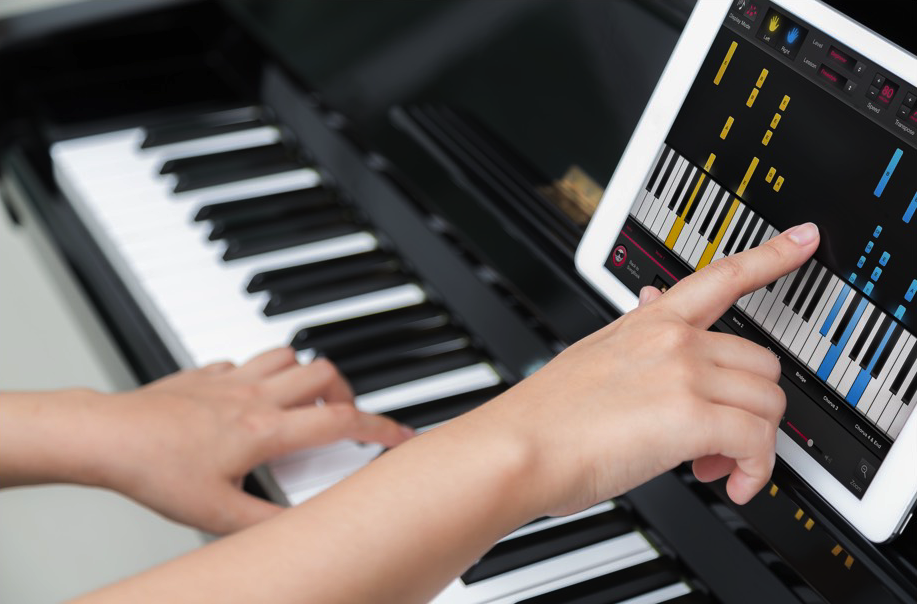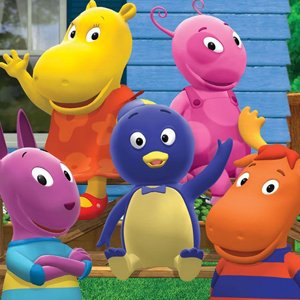They say it is better to regret the things you have done than the things you haven’t done. Trekking the Incan trail to Machu Picchu? No regrets. Wishing you invested in Google while it was a startup? HUGE regret. Spending your summers with your loved ones in your childhood home town? Never a regret. Wishing you learned a new language? A definite regret. Recently, Reddit asked their users what their biggest regrets in life were. Some said it was working too much, while others said it was marrying hastily. One of the most common regrets however was not learning to play piano (or any instrument for that matter). Likewise, the Daily Mail in the United Kingdom reported that among the ‘Top 20 Greatest Lifetime Regrets’ of Britons is “not learning to play a musical instrument properly”. It’s safe to say no one wants to have any regrets. But the question is why do people regret not learning to play piano?

Common sense would dictate that older adults are better off letting go of regrets, whereas younger adults may in fact benefit more by holding onto regrets given that they have more time to make life changes. German researchers studying brain activity in order to understand the biological phenomenon around regrets discovered some fascinating patterns using functional M.R.I. scans. When faced with a missed opportunity, young adults (i.e., those with an average age of 25 years), and depressed older adults (i.e., those over 65 years old) had similar activity in the brain region associated with feelings of regret known as the ventral system. Healthy older individuals on the other hand, displayed different brain patterns which implied that they were able to standardize their emotions more effectively. Their findings led to their belief that it seemed “we have a lifelong ability to use our brain to regulate emotions, even when we are old.” The experiment “asked individuals to play a computer game designed to induce regret at a missed opportunity. Players could open boxes that contained either gold or a devil; if they reached the devil, the game ended and they lost all their loot. Players could decide at the end of each round whether they wanted to continue playing.” They discovered that after a missed opportunity, young adults and depressed older adults would play more aggressively in subsequent rounds, seemingly because they held regrets from previous rounds. However, healthy older adults did not tend to take more risks in later rounds, which might be due to them being more content with life.

What does this mean? Perhaps regret has more to do with happiness or a lack thereof, with those with less to lose giving new experiences or missed opportunities much more verve. It has been suggested by researchers in the USA that the longer-ago regrets tend to focus on lost opportunities, things you could have done or should have done different. While more recent regrets tend to focus on things you did do that you wish you could take back. When it comes to learning to play an instrument of course, the former is more true than the latter.

So how does this all relate to playing the piano? Well, there are two sides to it. Regret is something we all have to live with, it’s true. However, minimizing that regret or turning things around is a key part of what makes us human. There is nothing better than a comeback story. You only have to watch Rocky VI to realize that. So just when you see your twilight years creeping up on you, you look back and start to wonder about all the “if’s” and “if not’s” and start to realize that some things are still worth pursuing. Sure, you might have missed out on making the most of that idealistic young self of yours. But you don’t have to always get paid to do what you love.

We’ve already given you reasons why you should learn to play the piano. However, the social aspect of playing an instrument is one which is often overlooked, especially with older adults. You see, as nice as it is to play a song on your own, as human beings we desire social acceptance and the ability to connect better with those around us is a desirable trait we all value, whether or not we like to admit it. Playing an instrument as such, helps us break the ice, make new friends, offers us a sense of accomplishment and helps us connect with virtually anyone. Lost for words? Play your instrument. Want to bring everyone together? Play them a song to sing along to. Want to add a hobby to your résumé? Tell them you play piano. You see, at the end of the day, playing an instrument makes us more interesting as people. It adds dynamism to our character, and enriches our lives in so many ways. When a person mentions they regret not learning to play an instrument, what they fundamentally regret is the memories and experiences they missed out on by not pursuing it when they were younger. Perhaps it might have made a night out with friends more interesting, maybe they wanted to be a professional musician traveling places, or perhaps they wished to learn to become a songwriter of their own. Whatever it maybe, it’s safe to say that you only get one shot at life, so you might as well make the most of the time you have without the fear of what you’ll regret decades from now. The easiest way for that is to simply do it.

So, what are you waiting for? As the old adage goes, “The best time to plant a tree was 20 years ago. The second best time is now.” The sooner you do it, the better you will be at it. No one has ever regretted mastering an instrument, so there are no risks of regretting learning it. The only regret is not learning it at all.
For those of us who are already past our youth, perhaps we can take solace from the words of The Lion King:
Simba says: Ow! Jeez, what was that for?
Rafiki replies: It doesn’t matter. It’s in the past.
Simba says: Yeah, but it still hurts.
Rafiki continues: Oh yes, the past can hurt. But from the way I see it, you can either run from it, or… learn from it.

So, stay positive, and don’t lose faith because it ain’t over ’till it’s over. And tell us, what’s your biggest (musical) regret? Know of any of your friends or family who turned things around later in life? What’s your motivation to start learning again? Share your stories in the comments!
So readers, tell us your thoughts! Do you have any regrets about learning/not learning piano? What made you change your mind? Be sure to let us know in the comments!
















3 comments
This article reminded me of how I learned to play the piano in my 30s, even though I had never played an instrument in my life.
I had tried to learn before but it was one of the most grindingly boring experiences I ever had.
I definitely did not want to spend literally thousands of hours practicing just to play a few tunes for my family and friends.
Hi Loalia,
That’s amazing to hear. You made a decision which your future self will certainly thank you for.
That thing about being a bit older than others, you shouldn’t worry about it. It has both its advantages and disadvantages as you’ll see here: https://www.onlinepianist.com/op-blog/what-age-is-best-to-learn-piano/
All the best! 🙂
I’ve wanted to play piano since I was like 6 or 7 years old. I’m 15 now and I’ve regretted since I was 9 or 10 never getting on the back of my parents so they would get me piano lessons. So, a few months ago I was kind of pondering and this was what I thought! When I grow up I’ll regret never learning piano. So I talked to my parents and in a month or so I’ll start getting my lessons. I don’t care that I’ll probably be a grown girl amongst lots of kids because I definitely don’t want whatever that it is stopping me from learning to play the piano.